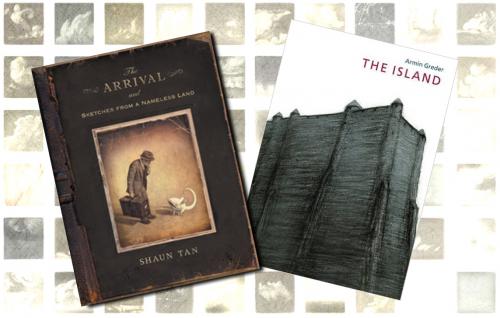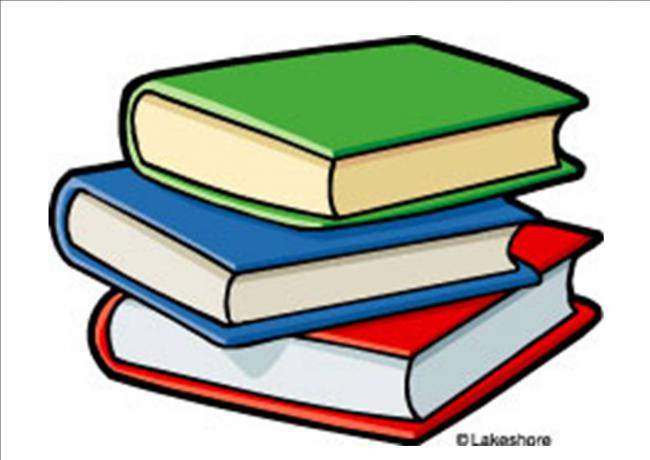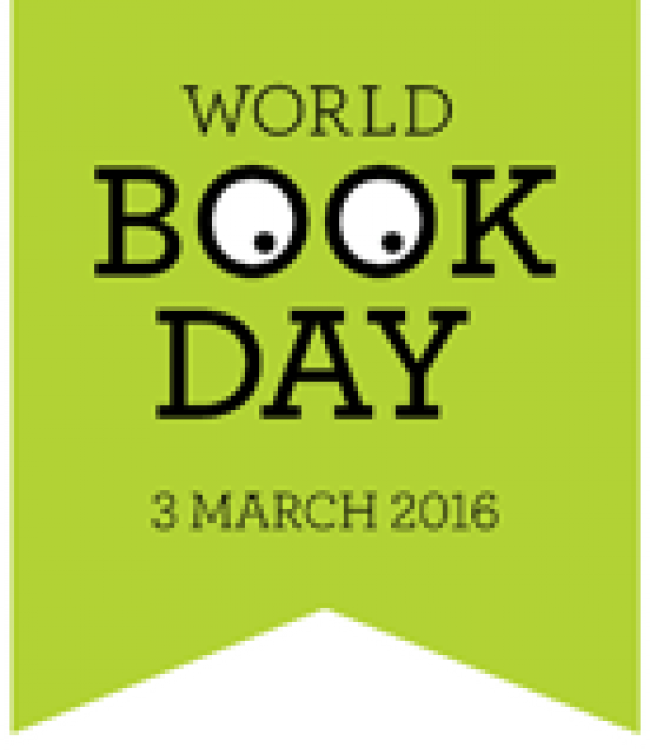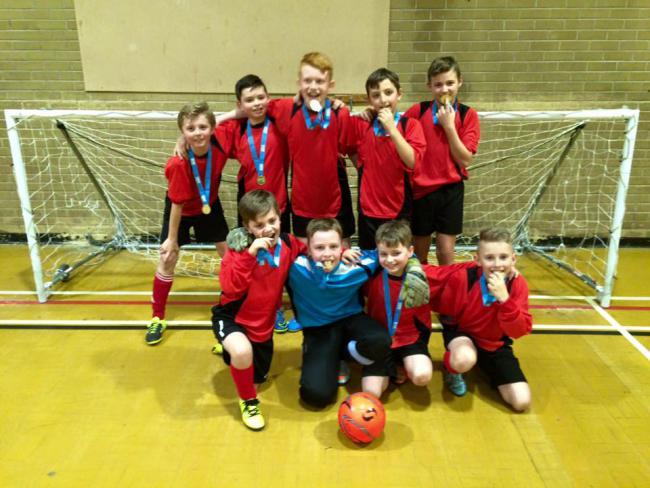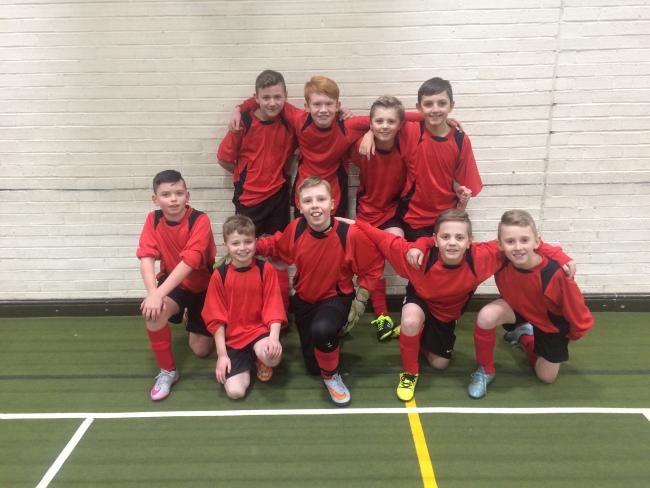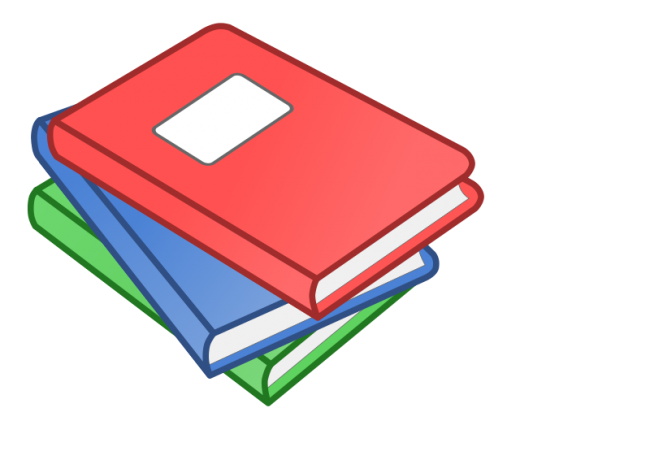During the first half of the spring term, we will be using two picture books as the focus for our English and Theme work. The main text – Shaun Tan’s The Arrival – is a book entirely without words, which follows the story of a family making the move to a new and unfamiliar country. We will also use Armin Greder’s book, The Island to look at how such moves can be perceived. In English we will be focussing on writing to entertain, using the texts we are studying to inspire high quality writing that engages the reader and conveys description and action well. This will include grammatical features such as extended noun phrases and varied clause structures. There is a useful video to explain noun phrases shown at the bottom of this page.
Clauses are a sentence, or part of a sentence, that includes a verb. For example a simple sentence contains one clause using the verb 'to sing': I sing songs.
We can combine clauses using conjunctions. The simplest conjunctions are coordinating conjunctions: For, And, Nor, But, Or, Yet and So. For example, we can combine two clauses such as: I sing songs and I like dancing.
More interesting sentences can be developing using subordinating conjunctions such as: Although, If, While and Because. In this case, one of the clauses only has meaning when it is combined with the other; this is called the subordinate clause. For example: I sing songs although I prefer dancing.
By varying the way we combine these sentences we can create more interesting writing and convey information and ideas to the reader more effectively.We will be covering all of these sentence, types and a number of additional ideas with the children during this half term.
Mathematics
In all maths groups¸ there will be a good deal of work focussed on fractions during the spring term. This is an area that features much more heavily in the new national curriculum, and so will present more demanding challenge for the children than in the past.
The challenges will include understanding the uses of fractions, and carrying out calculations using fractions, such as addition and even multiplication for those in Year 6. There will be plenty of opportunity for practice in school, and you may want to encourage your child to explain their new learning as we go through the term.
At home, the most important support for all fractions work is the ability to recall multiplication and division facts at speed. We stress the importance of this knowledge to the children regularly, and would ask that parents support their children in learning their tables as often as possible. There are plenty of free apps available for phones and tablets, and lots of online games and videos to help with practice of the tables. You can find some useful links here:
- Hit the Button tables practice game
- Woodlands Junior tables practice
- DK '10 minutes a day' tables app: Android on Google Play or iOS via iTunes
